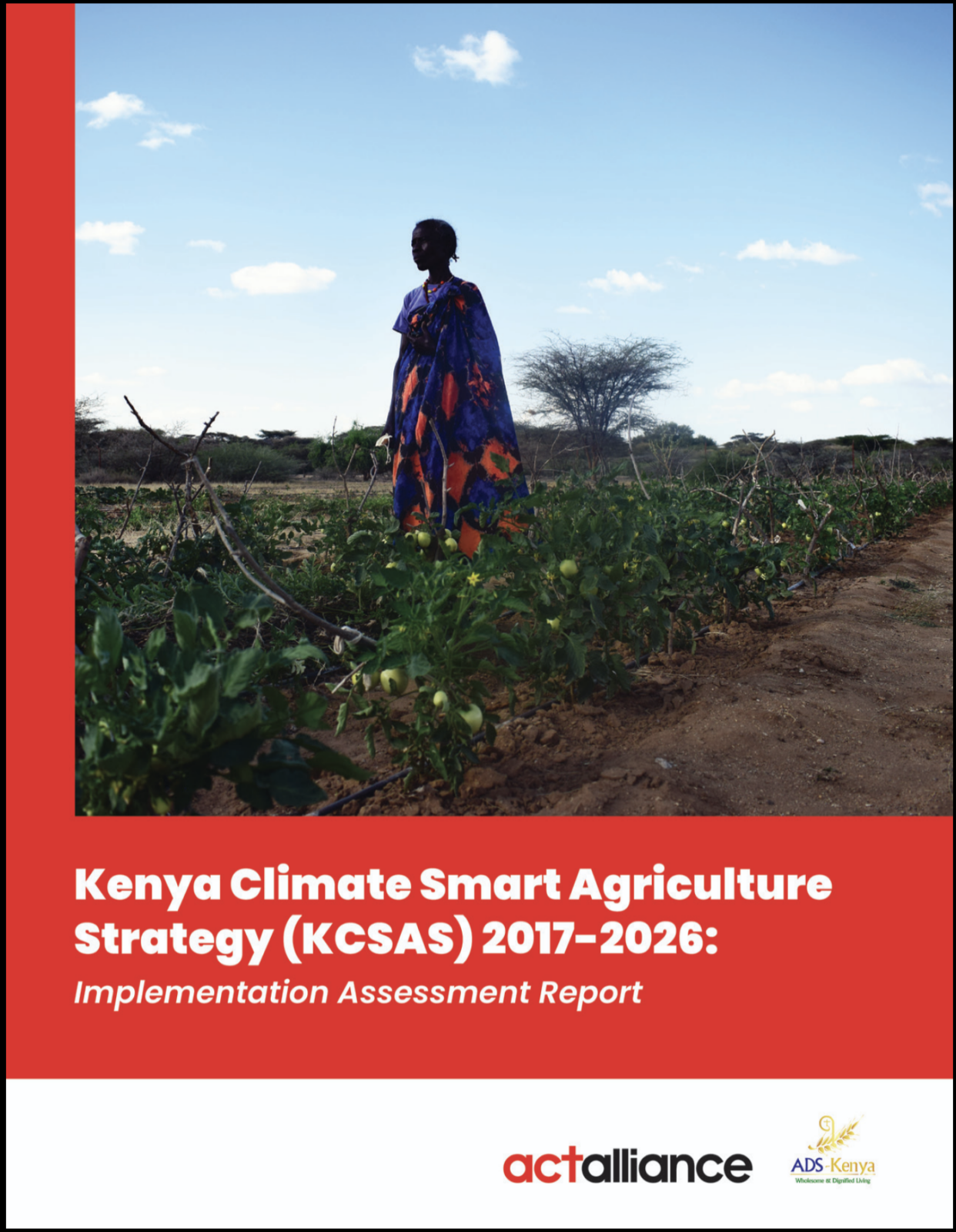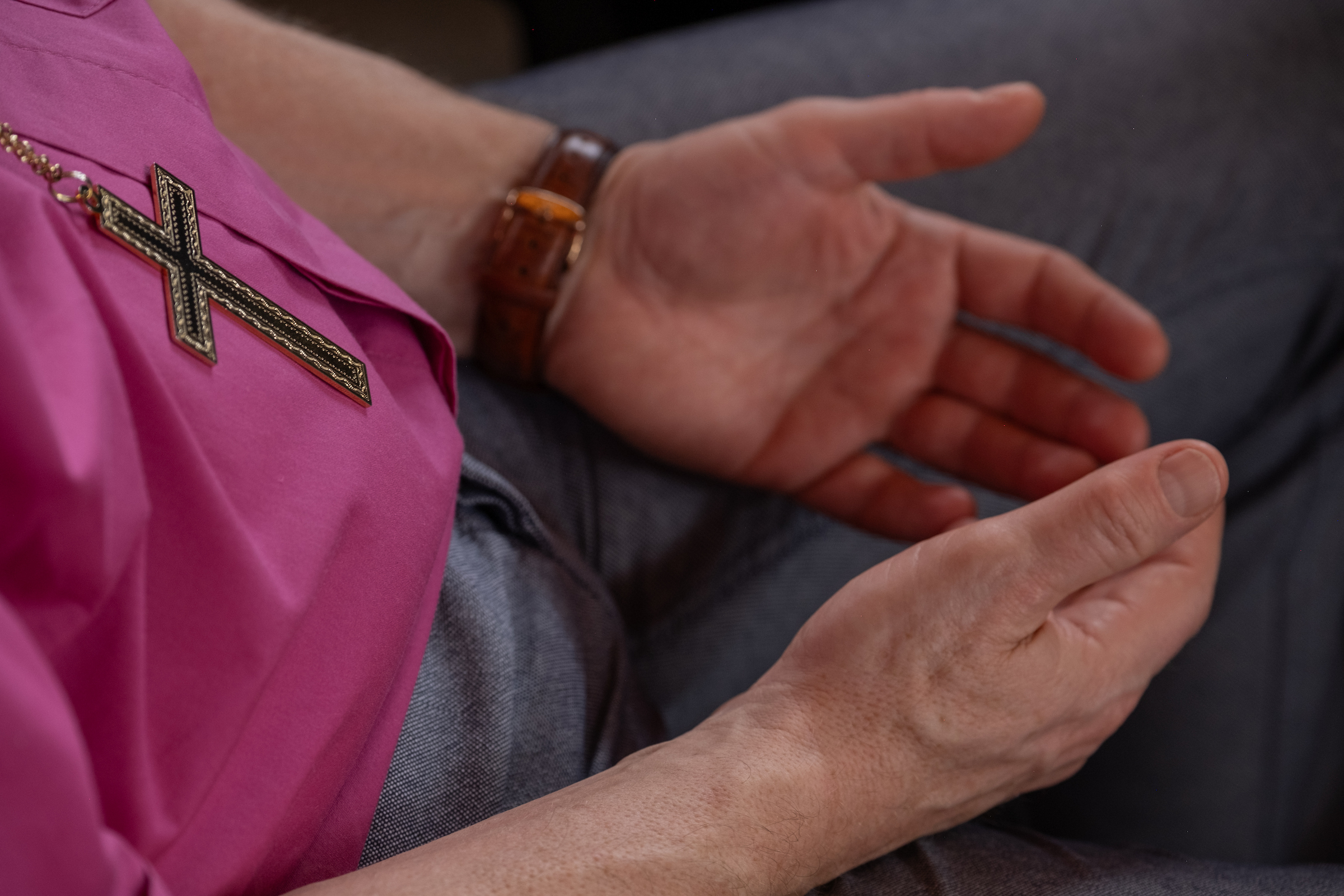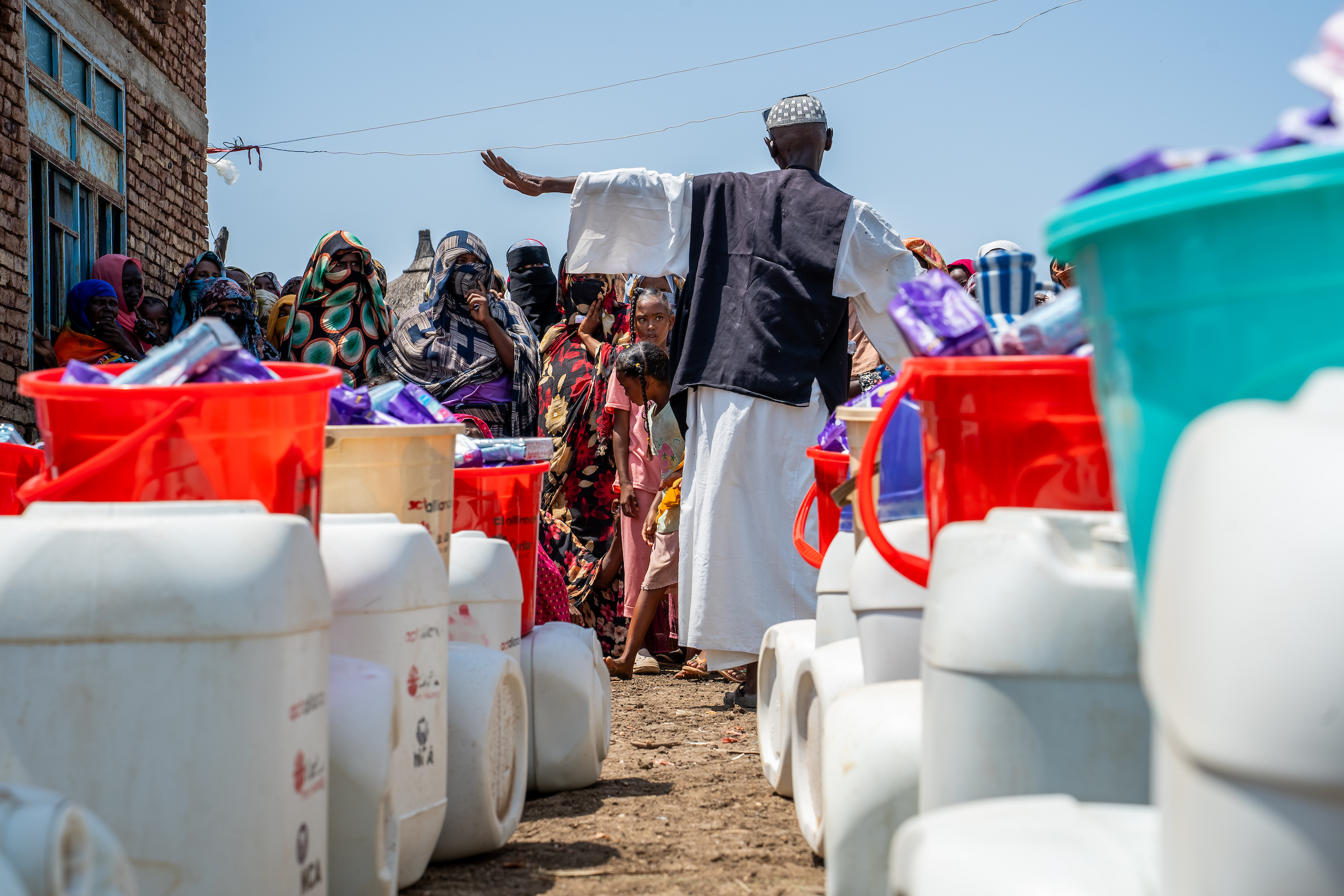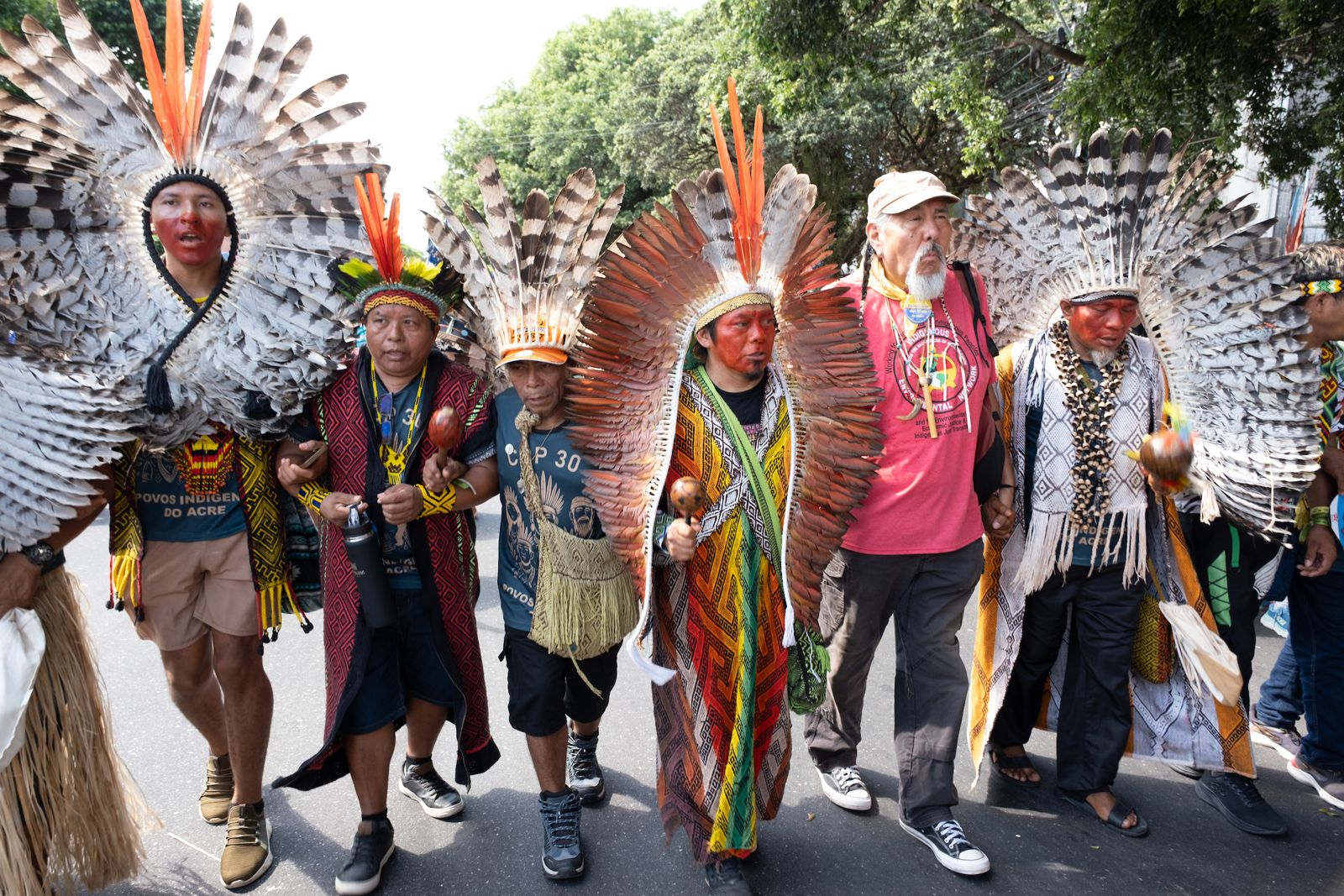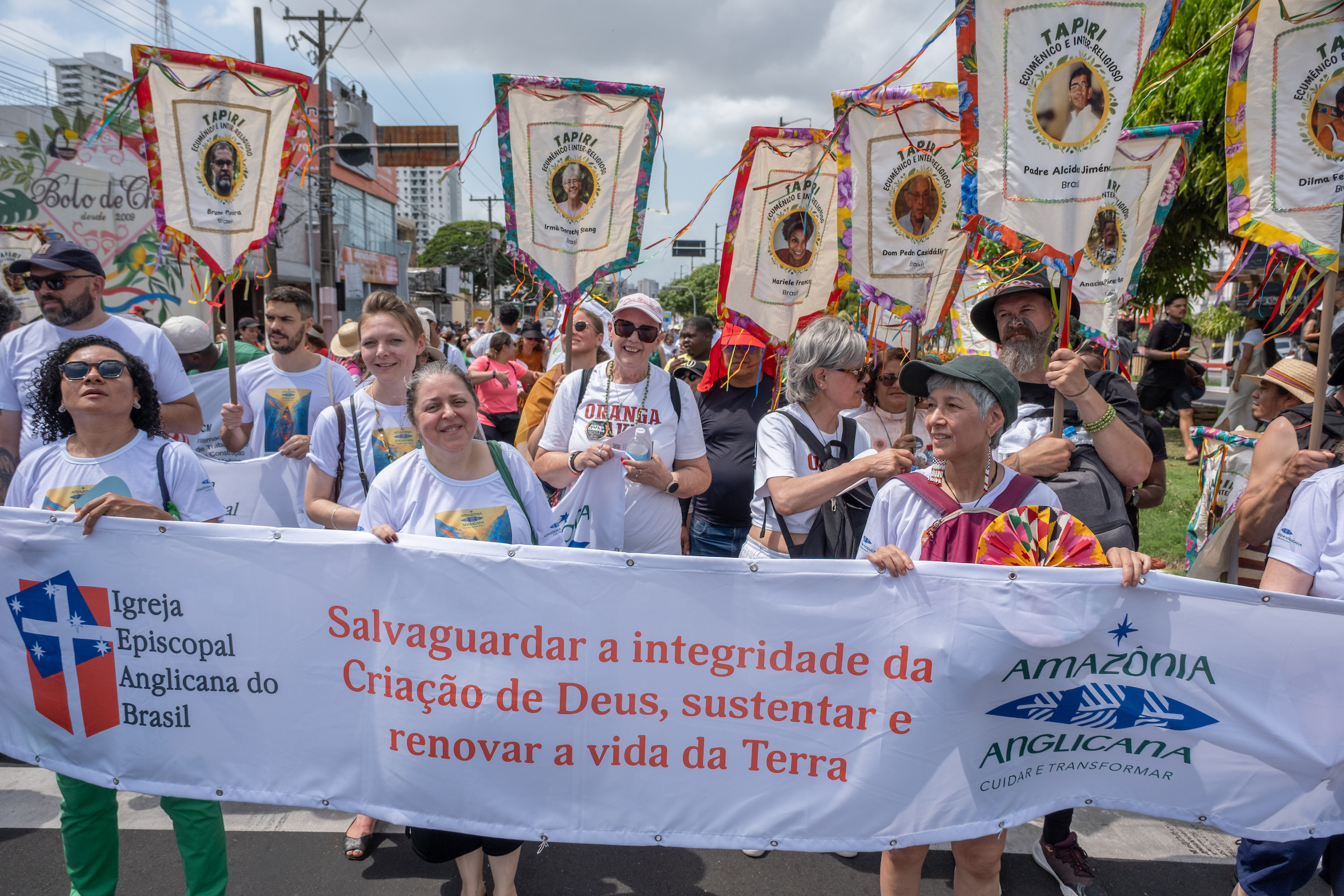Ahead of the opening of the UN General Assembly [Tuesday, 9 September 2025], global faith leaders are urging world leaders to adopt a legally binding international treaty that holds corporations accountable for human rights abuses and environmental destruction.
Over 50 faith leaders – from Christian Aid in the UK to the Green Anglicans in South Africa and Red Uniendo Manos in Peru – are warning that conditions for vulnerable people around the world are worsening due to inadequate regulation of business practices and a disregard for the impact of the climate crisis.
Citing tragedies such as the Brumadinho dam collapse and recent pollution of Zambia’s main watershed as a result of copper mining, the coalition of faith leaders believe voluntary measures like the UN Guiding Principles are inadequate in stopping land grabs, resource exploitation, a disregard for cultural rights or emerging risks from artificial intelligence and surveillance technologies.
In October 2025, the Intergovernmental Working Group mandated to negotiate a legally binding treaty for transnational corporations and other business enterprises with respect to human rights will meet for its 11th session. Faith leaders are urging world leaders to constructively engage with the treaty process and support the delivery of meaningful outcomes including to:
- Put human rights first – ahead of profits or other interests. Too many businesses prioritize profit over people and the planet.
- Ensure States prevent business-related human rights abuses by guaranteeing access to information, participation, and consultation, and by enacting strict laws requiring companies to conduct thorough human rights and environmental checks across their entire operations and supply chains.
- Protect human rights defenders by adopting and publishing policies that shield them from attacks, killings, violence, harassment, abusive lawsuits, and repression – and provide effective remedies when harm occurs.
- End corporate impunity and ensure fair, gender-responsive access to justice for everyone, especially marginalized groups facing multiple forms of discrimination, such as Indigenous women, girls, youth, and others often excluded from corporate spaces.
Rudelmar Bueno, the ACT Alliance’s General Secretary, said:
“Voluntary promises are no longer enough. Governments must forge a binding UN treaty that compels businesses to respect human rights. The time for polite requests has passed—now is the moment to stand with marginalised communities and defenders of people and our planet.”
Bishop Sarah Mullally, the Bishop of London and Chair of Christian Aid, travelled to Colombia last year where she met partners supporting communities affected by mining abuses. She added:
“Some of the world’s poorest people are losing land and livelihoods, and seeing their natural environment damaged because of under-regulated mining. I’ve heard from environmental defenders who challenge these abuses, often at the cost of their personal safety. A binding treaty at the United Nations would ensure that profits cannot be pursued at the expense of people and planet and give affected communities economic security and hope for the future.”
ENDS.
Voluntary promises are no longer enough. Governments must forge a binding UN treaty that compels businesses to respect human rights. The time for polite requests has passed—now is the moment to stand with marginalised communities and defenders of people and our planetRudelmar Bueno de Faria General Secretary, ACT Alliance

